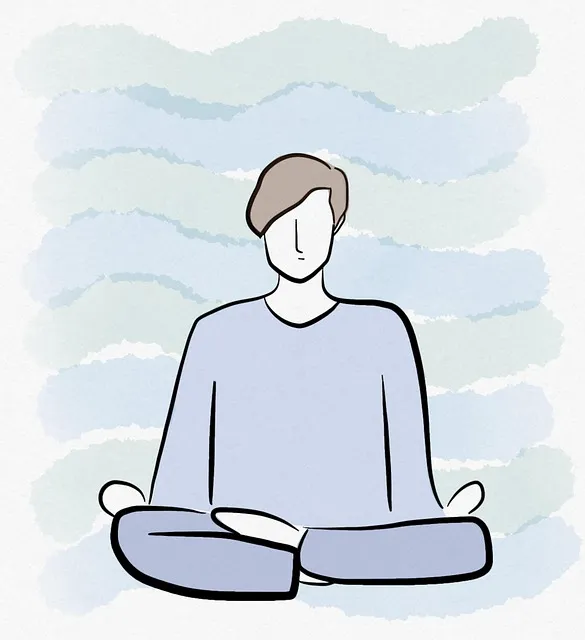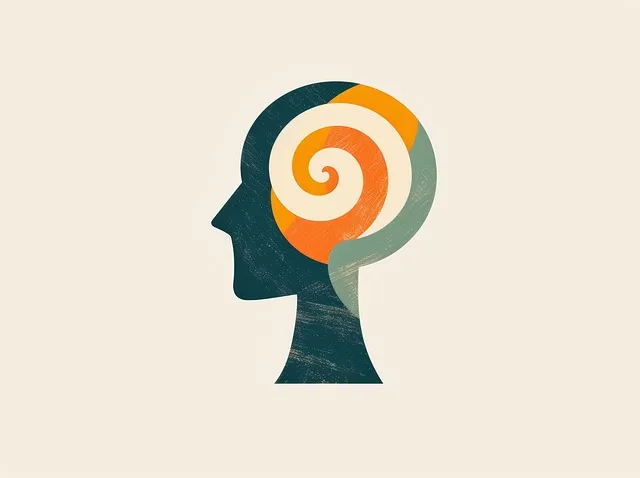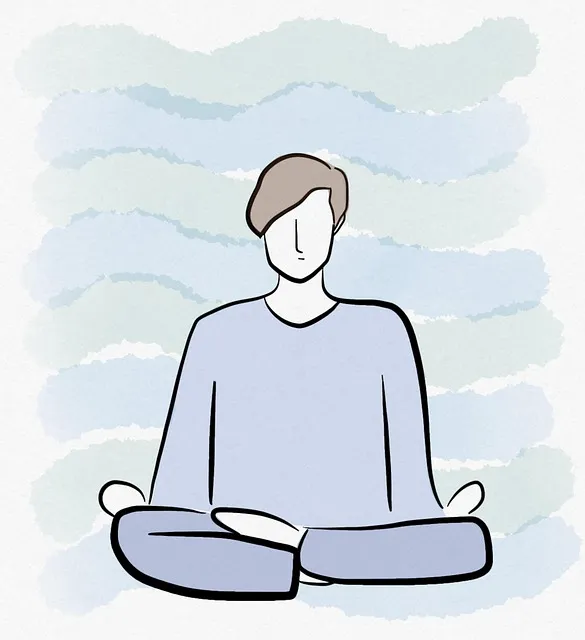Understanding RFM (Recovery, Resilience, Mental Health) is key to addressing modern stressors like anxiety and stress. Kaiser Permanente offers mental health services, integrating resilience-building exercises into patient care. These exercises focus on emotional healing, coping skill development, and cultivating mental toughness. Effective strategies for mental well-being, such as self-care practices and mindfulness activities, are crucial for RFM integration. This holistic approach benefits diverse populations, even those with limited access to traditional services.
“Uncovering the power of resilience is a transformative journey, especially within the context of mental health support. This article explores the implementation of RFM (Resilience, Flexibility, and Mastery) exercises, focusing on how Kaiser can enhance its mental health services. By understanding the profound impact of RFM on well-being, we identify resilient practices tailored for Kaiser’s patients. Furthermore, we provide strategic guidelines for effective RFM integration, offering a roadmap to improve mental health outcomes.”
- Understanding RFM and Its Impact on Mental Health
- Identifying Resilient Practices for Kaiser's Patients
- Effective Implementation Strategies for Mental Well-being
Understanding RFM and Its Impact on Mental Health

Understanding RFM—or Recovery, Resilience, and Mental Health—is paramount in today’s world, where stress and anxiety are all too prevalent. This framework focuses on fostering emotional well-being promotion techniques that empower individuals to navigate life’s challenges with resilience. By integrating practices such as positive thinking, mental health education programs design becomes more effective, enabling people to build mental fortitude.
The impact of RFM extends beyond individual growth; it has significant implications for organizations like Kaiser, prompting them to enhance their mental health services. Golden does Kaiser have mental health services? Indeed, many institutions are recognizing the need to invest in these areas, understanding that promoting positive thinking and emotional well-being is not just a wellness initiative but a strategic imperative for a healthier and more productive future.
Identifying Resilient Practices for Kaiser's Patients

Identifying Resilient Practices for Kaiser’s Patients
Golden does Kaiser have mental health services? Absolutely. Kaiser Permanente, known for its comprehensive healthcare offerings, provides an array of mental health services tailored to meet diverse patient needs. One effective strategy involves integrating resilience-building exercises into routine patient care. These practices aim to foster emotional healing processes and coping skills development, empowering individuals to navigate life’s challenges with enhanced self-awareness.
By incorporating self-awareness exercises and other evidence-based interventions, Kaiser can support patients in cultivating mental toughness and adaptive coping mechanisms. This proactive approach not only addresses immediate concerns but also equips individuals with lifelong tools for managing stress, anxiety, and potential future traumas. Such initiatives underscore Kaiser’s commitment to holistic health and well-being.
Effective Implementation Strategies for Mental Well-being

Implementing effective strategies for mental well-being is crucial, especially when integrating RFM and resilience-building exercises. One key approach involves self-care practices, which can be tailored to individual needs. Encouraging regular mindfulness activities, such as meditation or journaling, helps individuals manage stress and anxiety, fostering a sense of calm and control. Additionally, mental wellness coaching programs can play a significant role in guiding participants through challenging exercises, offering support, and promoting positive coping mechanisms.
The integration of these practices within RFM sessions has proven beneficial for various populations, even those with limited access to traditional mental health services, like Kaiser’s offerings. By incorporating strategies for anxiety relief and encouraging open discussions on mental wellness, participants can build resilience, enhancing their overall well-being. This holistic approach ensures that individuals leave the program equipped with tools to navigate life’s challenges effectively.
Building resilience through RFM exercises offers a promising approach to enhancing mental well-being, especially within healthcare settings like Kaiser. By understanding individual vulnerabilities and implementing targeted strategies, as highlighted in this article, Golden Kaiser can significantly improve its mental health services. These practices not only empower patients but also foster a supportive environment, ultimately contributing to a healthier and more resilient community.






